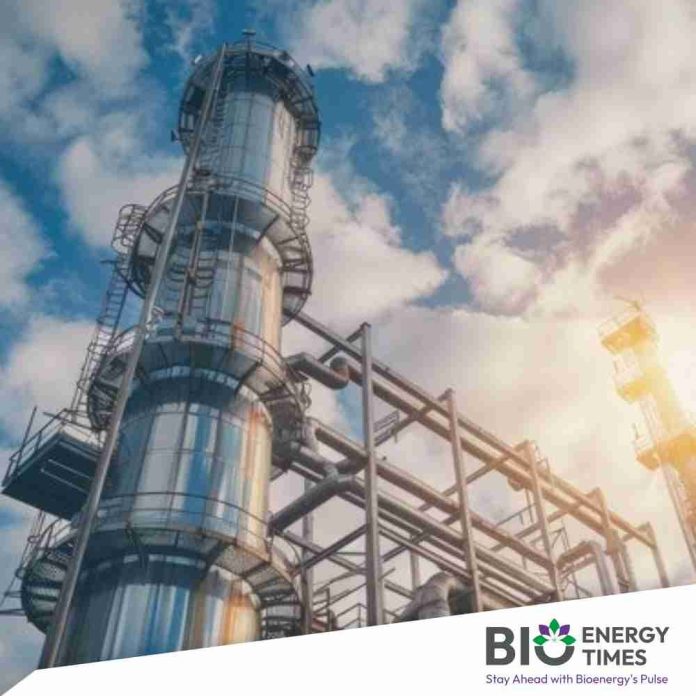JDW Sugar Mills Limited is getting ready to begin production at its new ethanol plant in Sadiqabad and has also launched a new programme to help farmers install solar-powered tube wells. These efforts aim to support farmers, improve rural incomes, and grow the company’s presence in global markets.
The ethanol plant is almost complete, and production is expected to begin soon. The plant will turn molasses, which is left over after making sugar, into ethanol that can be sold in other countries. This will help JDW earn more money from exports and reduce its dependence on sugar prices in the local market. Ethanol is in high demand around the world for use in fuel, medicine, and alcoholic drinks.
This project will also help Pakistan increase its agricultural exports by focusing more on finished products instead of just selling raw materials. By using leftover molasses, JDW plans to get more value from sugarcane, improve how products move through the supply chain, and create jobs. The project is also expected to bring in foreign money and support the country’s economy.
JDW has also introduced a programme this year to help farmers get loans to install solar-powered tube wells. These tube wells will reduce electricity costs, make farming more profitable, and help farmers recover their investment quickly. The use of solar energy will also cut pollution and make farms more resistant to changes in weather.
Pakistan’s sugar industry faced many problems during the 2024–25 financial year. There was too much sugar in storage, delays in getting export permissions, and sudden changes in prices. These issues led to lower profits. In response, JDW increased its focus on exports and started new projects. Along with the Pakistan Sugar Mills Association, the company is also asking the government to allow more freedom in setting prices and selling products to improve the industry’s future.
Despite the tough conditions, JDW has shown strong performance. Its total value has increased from Rs70 billion to Rs114 billion, and its savings are now 47 times greater than its basic capital. From October 2024 to March 2025, JDW earned Rs81.3 billion in revenue and made a profit of Rs2.69 billion, with earnings of Rs46.40 per share. This shows that the company has managed its money well and made smart decisions.
JDW says it is working to build a better future by supporting farmers and making agriculture more modern and successful. As the ethanol plant begins production and more farmers start using solar tube wells, JDW is showing how a sugar company can grow into a larger, more forward-looking business that benefits both people and the economy.















